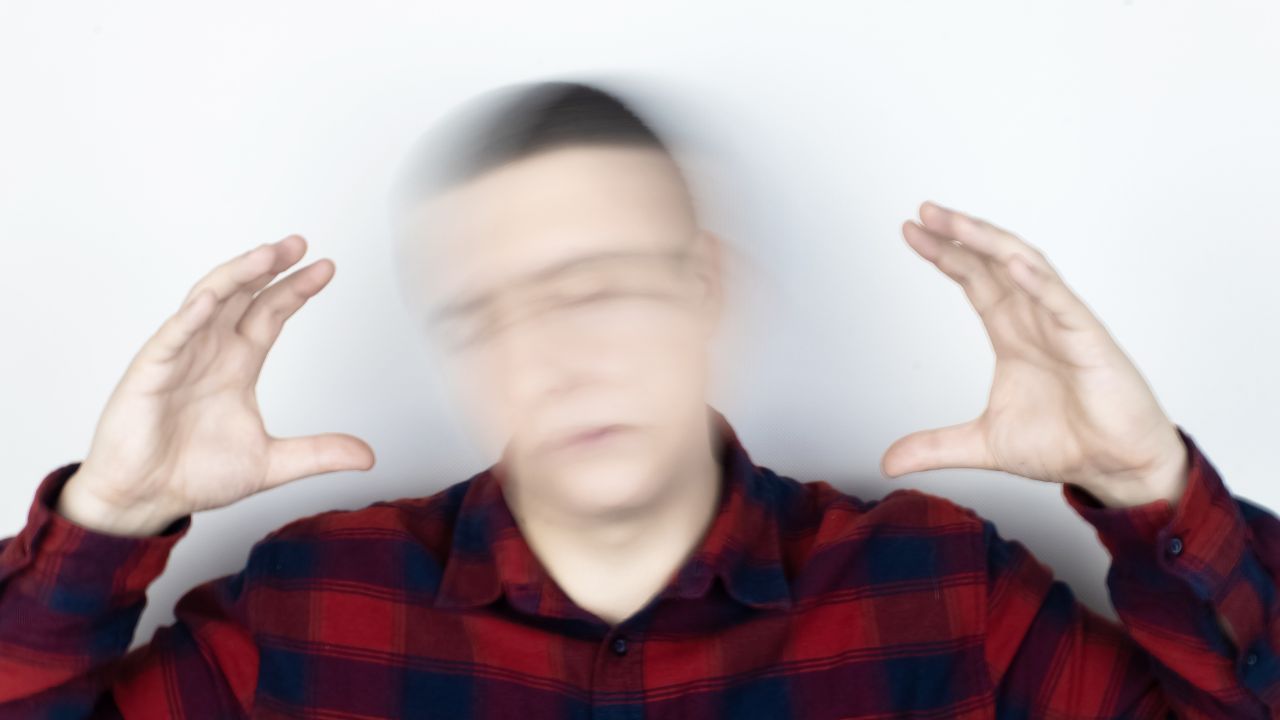Dizziness is one of the most common—and often most stubborn—symptoms following a concussion. While some athletes recover quickly, others continue to experience balance issues and unsteadiness long after the initial injury. For athletic trainers, physical therapists, and sports medicine professionals, understanding the trajectory of post-concussive dizziness is essential to designing effective return-to-play and rehabilitation protocols.
Recent research has shed light on the underlying mechanisms, prevalence, and duration of dizziness after a concussion. This article explores what the latest studies reveal and provides practical insights for clinicians working with patients navigating these lingering symptoms.
Understanding Dizziness After a Concussion
Dizziness after a concussion is typically vestibular in nature, stemming from disruptions to the brain's processing of balance and spatial orientation. In some cases, visual, autonomic or cervical components may also contribute, complicating diagnosis and treatment.

The Rivermead Post-Concussion Questionnaire—a tool frequently used to assess symptoms following mild traumatic brain injury—has consistently identified dizziness as one of the most persistent complaints.
The 6th International Consensus Statement on Concussion in Sport (Amsterdam, 2022) specifically recommends vestibular rehabilitation for individuals with persistent symptoms related to dizziness and balance, noting that these targeted interventions are effective in restoring function and facilitating return to activity.
How Long Can Dizziness Last?
While individual recovery varies, several studies provide a clearer picture:
- Weeks to Months: Most patients experience dizziness for at least a few weeks post-injury. However, roughly 10–15% (meaningful) continue to have symptoms beyond three months, especially when vestibular or visual deficits are unaddressed.
- 6–12 Months: The Rivermead study highlights that symptoms may persist up to a year in individuals with unresolved vestibular impairments.
- Up to 2 Years: A 2021 cross-sectional study in Sports Medicine (via Frontiers in Neurology) evaluated adults with a concussion history over one year prior. Even more than 12 months after injury, these individuals displayed abnormal reliance on vestibular and visual inputs during balance tasks, suggesting persistent sensorimotor control deficits.




